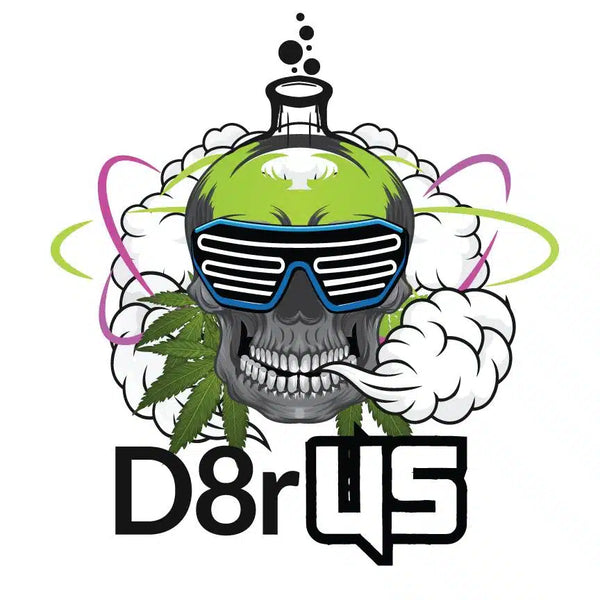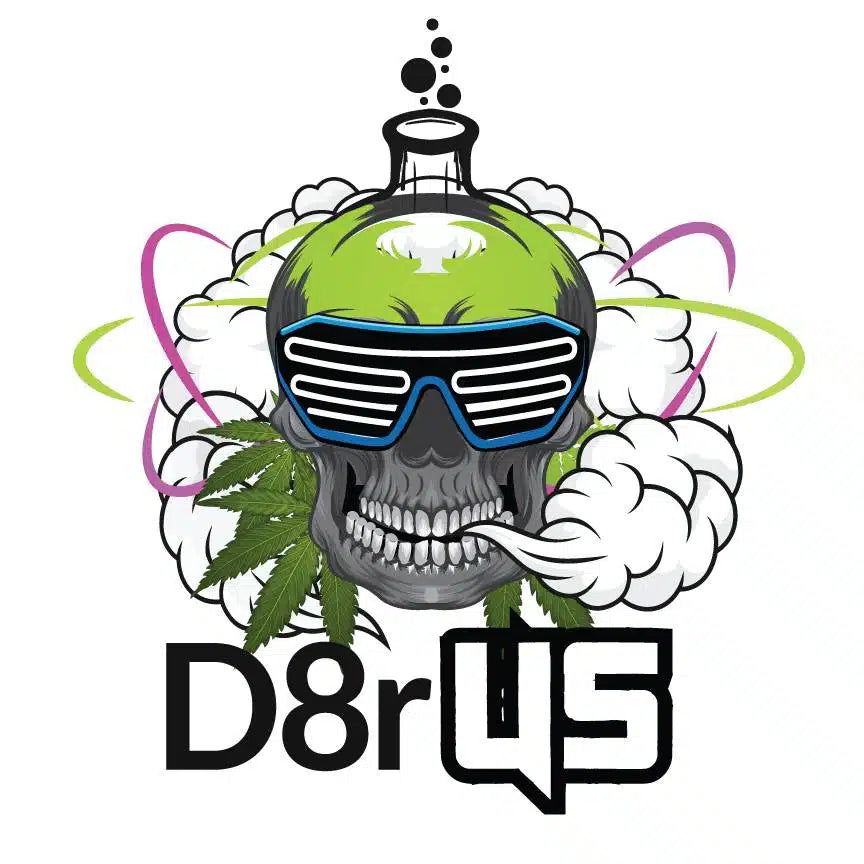
How Safe Is It to Smoke Blue Lotus as a Tobacco Replacement?
Share
How Safe Is It to Smoke Blue Lotus as a Tobacco Replacement?
Blue lotus, or **Nymphaea caerulea**, gained popularity as a herbal, calming smoke among those looking for a natural substitute for tobacco. Blue lotus was used in traditional medicine and earlier spiritual practices because of its mildly calming and psychoactive properties. Is smoking it safe, though? Is it likely to be found in a drug test? Let's examine its background, consequences, and potential risks.
The Ancient Blue Lotus
The blue lotus, also known as the **holy blue lily of the Nile**, has a long history dating back to **ancient Egypt**, when it was valued for its **medical and ceremonial uses**.. Ancient Egyptians would brew the flower into a kind of **wine or tea** to relax and induce a dreamy, euphoric state. Moreover, it was employed in a variety of spiritualistic rituals; there are depictions of it in hieroglyphics and temple art.
Other than Egypt, blue lotus found use in **Ayurvedic and traditional Southeast Asian medicine**, treating anxiety, insomnia, and digestive disorders. With mild sedative effects and mood enhancement, the blue lotus was extensively used as a natural sedative well before there was any type of blue pill.
Smoking Blue Lotus as a Tobacco Substitute
Currently, blue lotus is one of the herbal substances dried and smoked sans tobacco. Since it lacks any physical addiction associated with nicotine, it has an appeal for those who seek options to quitting smoking. When smoked, it produces:
· Mild relaxation (like chamomile or kava)
· Subtle euphoria (due to constituents such as aporphine and nuciferine, interaction with dopamine receptors)
· Enhanced dreaming (some users claim to experience increased dream activity)
While its effects are mild, the blue lotus is generally accepted as being non-intoxicating and legal in several countries, though the laws may vary.
Is Blue Lotus Vape Safe to Smoke?
There are some considerations for blue lotus, generally viewed as safe:
· Lack of Modern Research – Though blue lotus has a long-standing background in use, modern scientific investigations concerning smoking it are very limited. Most research and evidence are based on traditional use, so the long-term effects are not well-documented.
· Potential Lung Irritation – It is an irritant to the lungs when smoked in excess, and the same can be said for any herb. Use caution if you have any respiratory issues.
· Drug Interactions – Due to its very mild sedative effects, using blue lotus with alcohol, benzodiazepines, or other depressants might enhance drowsiness.
Can Blue Lotus Show Up on a Drug Test?
One of the biggest worries for smokers is the issue of whether blue lotus can produce a false positive in drug tests. The good news is that:
Standard drug tests (5-panel or 10-panel) do not test for blue lotus compounds.
Aporphine and nuciferine are not controlled substances and are highly unlikely to be flagged on a drug test.
Rarely, some specialized lab may catch some odd alkaloids; however, this is extremely uncommon.
If you are under a strict workplace or probation drug testing regime, it is best to check with the testing facility.
Final Verdict: A Mild, Legal Alternative
Blue lotus—the legal, non-addictive, and historically-altered tobacco alternative—offers mild relaxation benefits. It seems safe for occasional use, but more studies on its long-term effects are needed. Hence, if you want to try a natural relaxant and want to stay away from nicotine, blue lotus seems worth giving a shot, but be aware of dosage and its potential effects on respiration.
Would you try blue lotus vape as a tobacco replacement? Tell us in the comments!





